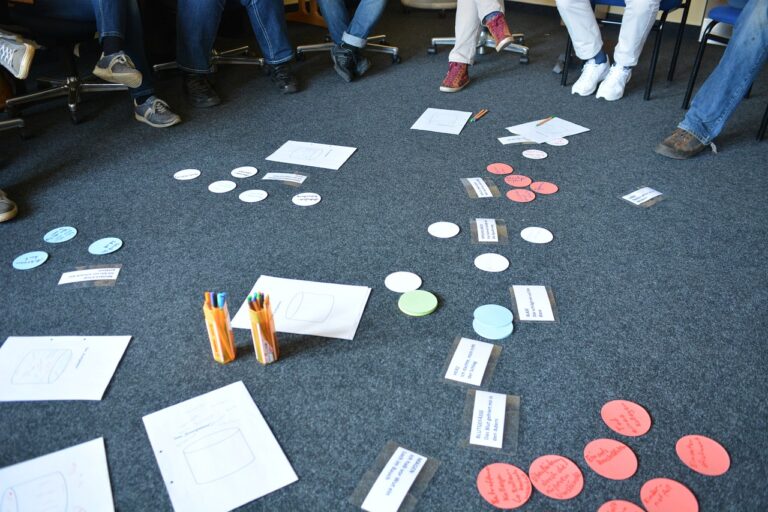Career Guidance and Counseling in Schools
It is crucial for individuals to begin exploring potential career paths early on in their educational journey. By exposing themselves to various industries and professions, students can gain valuable insights into their interests and strengths. Early career exploration not only helps individuals make informed decisions about their future but also allows them to proactively shape their academic and extracurricular experiences to align with their career goals.
Moreover, engaging in early career exploration can lead individuals to discover new areas of interest and opportunities they may not have previously considered. By exploring different career options, individuals can expand their understanding of the professional world and open themselves up to a range of potential pathways. Early career exploration fosters self-discovery and personal growth, empowering individuals to make choices that resonate with their passions and aspirations.
Supporting Students in Identifying their Interests and Strengths
When it comes to helping students identify their interests and strengths, it is crucial to provide them with various opportunities for self-exploration. This can involve engaging them in activities that allow them to reflect on what they enjoy doing and where their talents lie. By encouraging students to participate in assessments, workshops, and discussions focused on personal strengths and interests, educators can help them gain valuable insights into potential career paths that align with their passions and capabilities.
Moreover, creating a supportive and open environment where students feel comfortable expressing their interests and strengths is essential for their growth and development. Schools and educators can play a significant role in this process by actively listening to students, offering guidance and encouragement, and facilitating discussions that prompt self-reflection. By fostering a culture that values individuality and diverse talents, students are more likely to feel empowered to explore different career options and pursue paths that resonate with their unique skills and passions.
Encouraging Career Path Exploration through Experiential Learning
One effective way to encourage career path exploration is through experiential learning opportunities. This hands-on approach allows students to gain insight into various industries and professions, helping them determine their interests and strengths. By engaging in real-world experiences such as internships, job shadowing, or industry-specific projects, students can better understand the day-to-day realities of different career paths.
Experiential learning not only provides practical knowledge but also fosters important skills such as critical thinking, problem-solving, and communication. By actively participating in tasks related to their desired field, students can develop a clearer sense of their career goals and what steps they need to take to achieve them. This holistic learning approach empowers students to make informed decisions about their future careers and equips them with the tools needed to navigate the ever-evolving job market.
Why is early career exploration important for students?
Early career exploration allows students to gain insight into various industries and occupations, helping them make informed decisions about their future career paths.
How can educators support students in identifying their interests and strengths?
Educators can support students by providing career assessments, facilitating discussions about their interests and strengths, and offering resources for exploration.
What is experiential learning and how does it encourage career path exploration?
Experiential learning is a hands-on approach to education that allows students to gain practical experience in a real-world setting. It encourages career path exploration by providing students with opportunities to apply their skills and interests in a professional environment.





